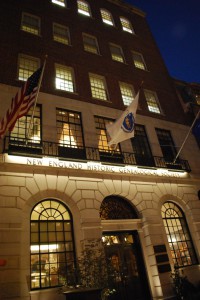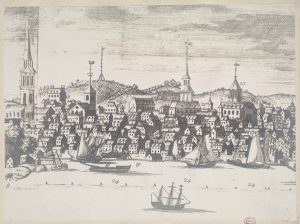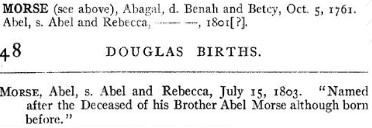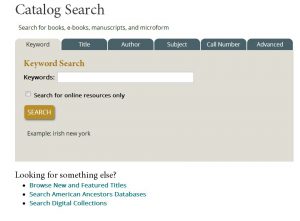 With the Winter Olympics almost upon us, we will be hearing a lot about “perfect” scores in the sports where judges assign points for such things as technical difficulty and artistic interpretation.
With the Winter Olympics almost upon us, we will be hearing a lot about “perfect” scores in the sports where judges assign points for such things as technical difficulty and artistic interpretation.
A “scoring” system for genealogies would be interesting. If, for example, we had ten categories on which to judge a genealogical source, and each category had a potential ten points maximum, the “perfect” score would be 100. Of course, this would all be subjective, but it would give us a way to group works for comparison (top 10%, bottom 50% etc.). Here are ten categories that I came up with, in no particular order (once we have the categories, we will examine them in detail in future posts): Continue reading Perfect 10





